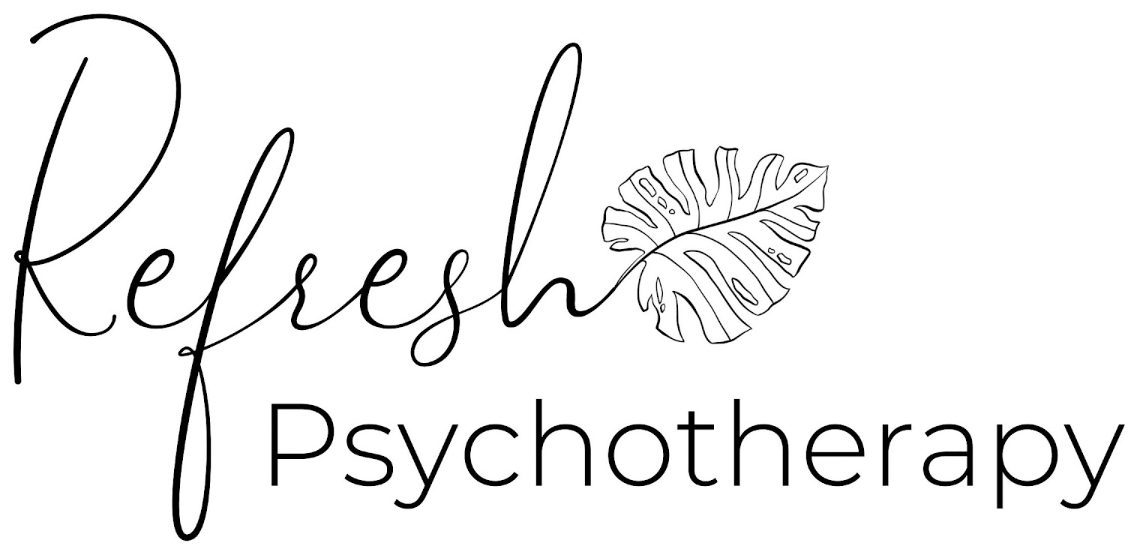
How to Let Go of Perfectionism and Fill Your Cup
Perfectionism is associated with a range of mental health problems including anxiety, depression, and eating disorders. Perfectionism can manifest in different areas of your life, ranging from a preoccupation with making “perfect” impressions in social situations, to always getting an A+ in class or knocking it out of the park at work. Some may argue that perfectionism can be healthy, but it is important to note that there is a difference between adaptive, goal-driven ambition and a maladaptive need to be perfect. While the former can push you forward in pursuit of your vision, the latter keeps you in the cycle of self-criticism, avoidance, and disappointment.
So how can you move past this debilitating perfectionist mind-trap?
To start, it’s important to understand the root cause(s) of your perfectionism. Everyone is different, but there are some common themes that play a role in the development of perfectionistic tendencies. These tendencies can start with parents who – consciously or unconsciously – prioritized external achievements such as getting good grades, over internal values such as hard work or authentic expression. By promoting this outcome-oriented mentality, a child learns to associate these external achievements with their sense of self-worth, paving the way for a perfection-complex.
Whatever your perfectionism origin story, it is well worth doing some digging in order to deepen your understanding of the factors involved. Perfectionists may have endured harsh criticism from friends, family members, or authority figures, sending the message that “you must always do better in order to be good enough”. Perfectionists are often gifted individuals whose lofty potential casts an ever-present veil of expectation over their actions; which can prompt heightened pressure and scrutiny from those around them.
To move beyond this maladaptive pattern, it is useful to think about how your perfectionism impacts your life. Does it affect your productivity? How does it affect your social life? Your self-esteem? What is the cost of being a perfectionist? Write down a list of answers to these questions to visualize the daily impact of your perfectionism. You may start to consider whether it is truly worth your time to spend 45 minutes crafting an eloquent email to your co-worker, or always ensuring that your makeup is applied with exquisite precision. What is the downside of achieving that perfection?
As a perfectionist, you are likely your own worst critic, but you almost certainly fear the criticism of others – particularly those whose opinions you hold in high esteem. The greater the fear of criticism, the greater the need to be perfect. Part of breaking down the walls of perfectionism involves building a tolerance for healthy, constructive criticism. This does not mean that you need to throw yourself headfirst into the line of fire, but when the stakes are low, you might consider rethinking your standards by just a notch or two. You may find that the criticism you were bracing for never comes – but if it does, you can handle it. Most people dislike criticism, but the greater your ability to withstand it, the more effectively you can pursue what matters to you.
The most challenging part of overcoming perfectionism is coming to terms with the fact that humans are flawed, including you. Being perfect leads to a slew of practical and psychological issues, but it affords the vague and brief assurance that if you did everything right, you can keep yourself – and everyone else – happy. In order to truly move forward, you have to grieve the loss of this fantasy and come to terms with your authentic, flawed, self. No matter your particular brand of perfectionism is, ask yourself who you would be without it, and if that version of you could be happier and enjoy life to its fullest. By coming to terms with your flaws and differences, you let self-love into your life.
This can be a scary process, but on the other side of it is a version of yourself that doesn’t live in chronic fear of disappointment, criticism, or rejection. It is a version of you that doesn’t lose sleep over your mistakes, and prioritizes experiences based on your wants and needs instead of your fears and insecurities. It may be useful to repeat daily affirmations of your worth, with or without perfection.
If you are unsure of where to start, or feel that you could benefit from some guidance, consider reaching out to a therapist.
They can work with you to recognize your personal progress and promote healthy changes to your mindset. At Refresh Psychotherapy, we understand perfectionism and want to help you move past it. Contact us at https://refreshtherapynyc.com/contact for a consultation.
Written By Eli Wilson-Berkowitz
